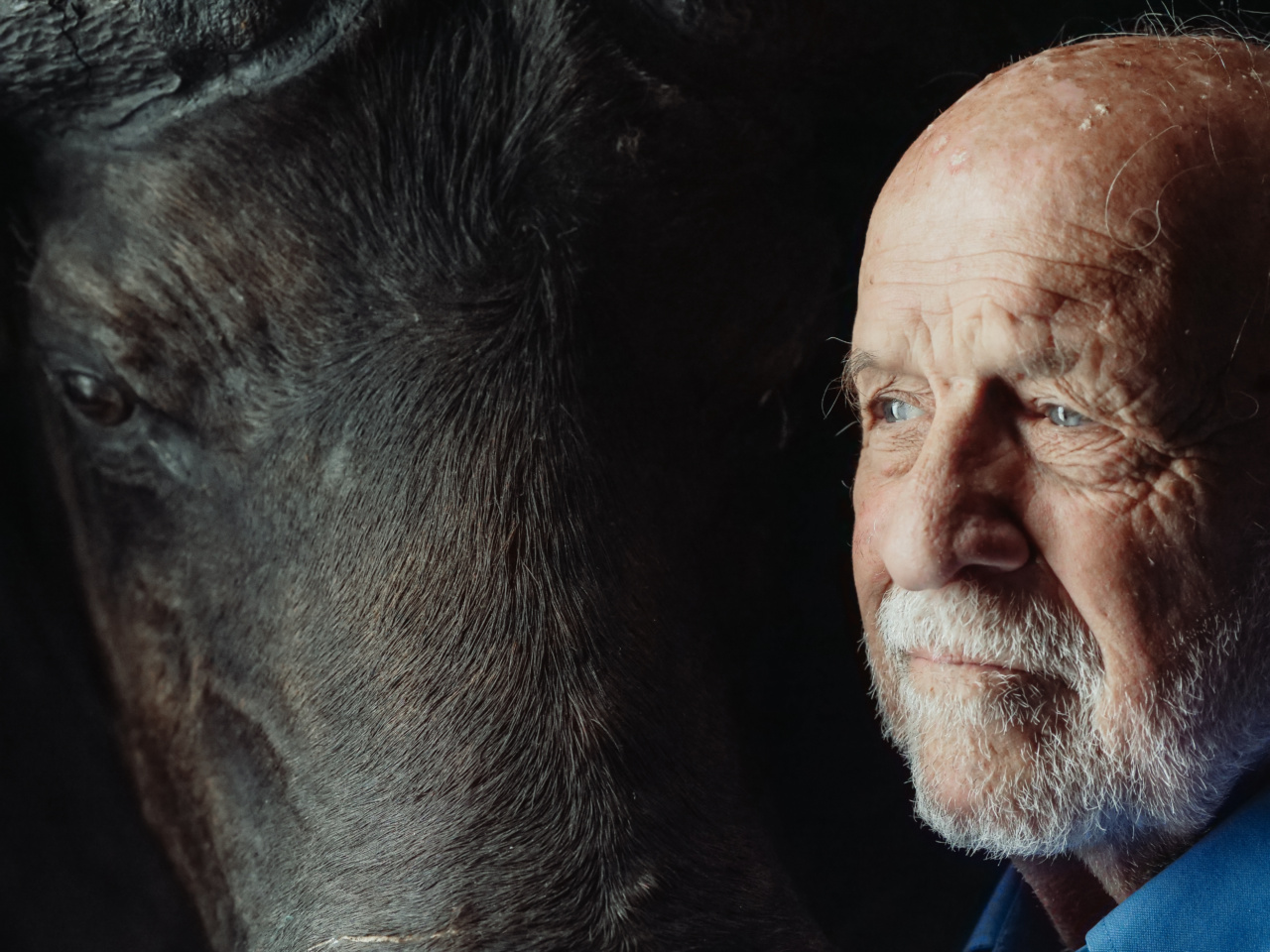Grey hair is a natural part of aging, but it’s not uncommon for people to start going grey earlier than expected or to see a sudden increase in grey hairs due to stress.
There are many myths and misunderstandings about the relationship between grey hair and stress. In this article, we’ll take a closer look at the science behind grey hair and the impact of stress on hair color.
What Causes Grey Hair?
Grey hair occurs when the body stops producing melanin, the pigment that gives hair its color. Melanin is produced by cells called melanocytes, which live in hair follicles. As we age, our melanocyte activity slows down, and eventually stops altogether.
When that happens, new hair grows in without any color, resulting in grey or white hair.
While age is the primary cause of grey hair, it’s not the only factor. Genetics play a role as well, as some people are more likely to go grey earlier or more rapidly than others.
There are also medical conditions that can cause premature greying, such as thyroid or autoimmune disorders.
The Relationship Between Stress and Grey Hair
There’s a longstanding belief that stress is a significant factor in premature greying. However, the evidence is mixed, and there’s no definitive answer yet.
Some studies have shown a correlation between stress and grey hair, while others have found no connection.
One study conducted in mice found that stress caused hair to turn grey prematurely.
In the study, mice were exposed to stressful conditions, and researchers observed a decrease in melanocyte stem cells, which are responsible for producing new melanocytes. This decrease resulted in a loss of pigmentation and the development of grey hair.
Another study conducted with humans found that people who experienced high stress levels were more likely to have grey hair, but only if they also had a genetic predisposition to early greying.
The study researchers concluded that stress alone was not enough to cause premature greying, but rather acted as a trigger for those who were already genetically predisposed.
Other Myths About Grey Hair and Stress
There are many other myths and misunderstandings about grey hair and stress. Here are a few:.
Myth: Plucking Grey Hairs Makes More Grow Back
This is a common myth that’s been around for years. The idea is that if you pluck a grey hair, two or three more will grow back in its place. In reality, plucking a hair won’t cause more to grow back.
However, excessive plucking can damage hair follicles, which can lead to hair loss. It’s best to leave grey hairs alone or embrace them!.
Myth: Stress Causes Hair Loss
While stress can contribute to hair loss in some cases, in most instances, it’s not the sole cause. Hair loss can occur for many reasons, including genetics, medical treatments, and hormonal changes.
Stress can exacerbate these underlying conditions, but it’s not usually the root cause.
Myth: Coloring Hair Causes More Grey Hairs to Grow Back
Another common myth is that coloring your hair can cause more grey hairs to grow back. This myth likely stems from the fact that hair color fades over time, revealing grey hairs at the roots. However, hair dye doesn’t cause more grey hairs to grow.
It’s safe to color your hair if you’re concerned about grey hairs.
Taking Care of Grey Hair
If you have grey hair, it’s essential to take care of it properly. Grey hair tends to be drier and more brittle than other types of hair, so it’s important to use gentle, moisturizing products.
Avoid using harsh shampoos and styling products that can damage hair and cause breakage. Consider using a deep conditioning treatment once a week to keep hair hydrated and healthy.
Another step you can take to improve the appearance of grey hair is to use a purple shampoo. These shampoos contain purple pigments that help neutralize yellow tones in grey hair, giving it a brighter, more vibrant look.
They’re also great for helping to maintain the silver or platinum color of bleached hair.
Conclusion
While there’s no definitive answer about the relationship between stress and grey hair, it’s clear that there’s more to the story than many people realize.
While stress alone may not cause premature greying, it can exacerbate genetic factors that contribute to the condition. The most important thing you can do is take care of your hair, no matter what color it is. Use gentle products, avoid damaging styling tools, and embrace your natural color.





























